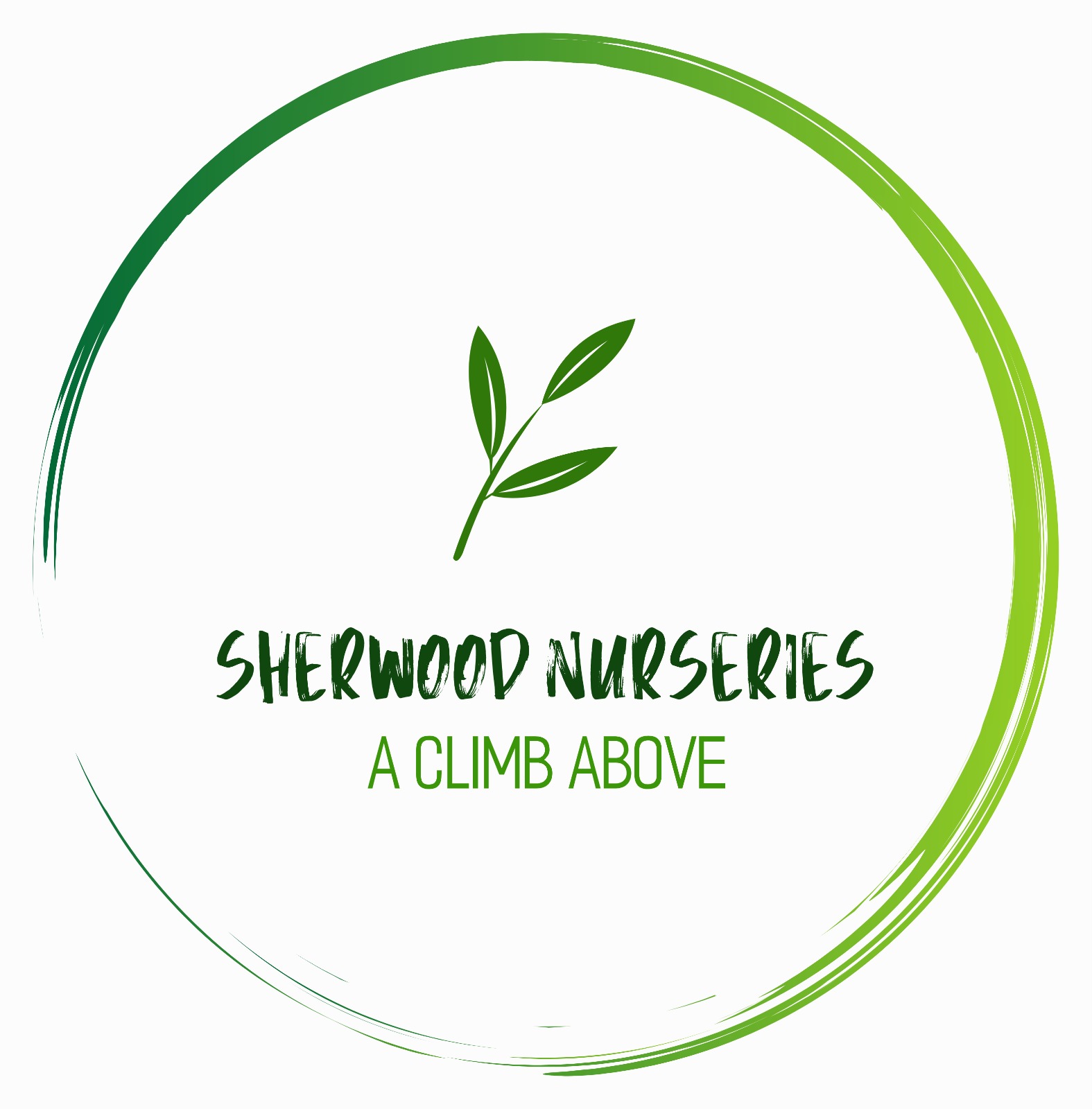Height: 5 feet
Spread: 32 inches
Sunlight:
![]()
![]()
Hardiness Zone: 3a
Other Names: Feather Reed Grass
Description:
Dramatic red-copper plumes are eye catching during the early to mid summer months; a cool weather performer that looks wonderful in fresh or dried flower arrangements, borders or garden landscapes; heat tolerant and low maintenance
Ornamental Features
Karl Foerster Reed Grass is primarily grown for its highly ornamental fruit. The tan seed heads are carried on showy plumes displayed in abundance from late summer to late winter. It features bold plumes of brick red flowers with coppery-bronze overtones rising above the foliage in mid summer. Its grassy leaves are green in colour. The foliage often turns tan in fall. The gold stems can be quite attractive.
Landscape Attributes
Karl Foerster Reed Grass is an herbaceous perennial grass with an upright spreading habit of growth. It brings an extremely fine and delicate texture to the garden composition and should be used to full effect.
This plant will require occasional maintenance and upkeep, and is best cut back to the ground in late winter before active growth resumes. It has no significant negative characteristics.
Karl Foerster Reed Grass is recommended for the following landscape applications;
- Vertical Accent
- Mass Planting
- General Garden Use
- Groundcover
- Naturalizing And Woodland Gardens
- Container Planting
Planting & Growing
Karl Foerster Reed Grass will grow to be about 4 feet tall at maturity, with a spread of 32 inches. It tends to be leggy, with a typical clearance of 1 foot from the ground, and should be underplanted with lower-growing perennials. It grows at a medium rate, and under ideal conditions can be expected to live for approximately 10 years. As an herbaceous perennial, this plant will usually die back to the crown each winter, and will regrow from the base each spring. Be careful not to disturb the crown in late winter when it may not be readily seen!
This plant does best in full sun to partial shade. It is very adaptable to both dry and moist locations, and should do just fine under typical garden conditions. It is not particular as to soil type or pH. It is highly tolerant of urban pollution and will even thrive in inner city environments. This particular variety is an interspecific hybrid. It can be propagated by division; however, as a cultivated variety, be aware that it may be subject to certain restrictions or prohibitions on propagation.
Karl Foerster Reed Grass is a fine choice for the garden, but it is also a good selection for planting in outdoor pots and containers. With its upright habit of growth, it is best suited for use as a 'thriller' in the 'spiller-thriller-filler' container combination; plant it near the center of the pot, surrounded by smaller plants and those that spill over the edges. It is even sizeable enough that it can be grown alone in a suitable container. Note that when growing plants in outdoor containers and baskets, they may require more frequent waterings than they would in the yard or garden. Be aware that in our climate, most plants cannot be expected to survive the winter if left in containers outdoors, and this plant is no exception. Contact our experts for more information on how to protect it over the winter months.




